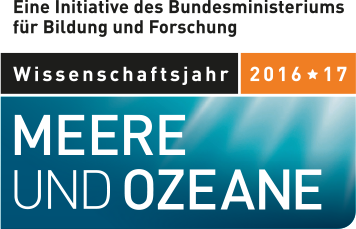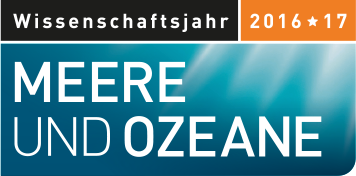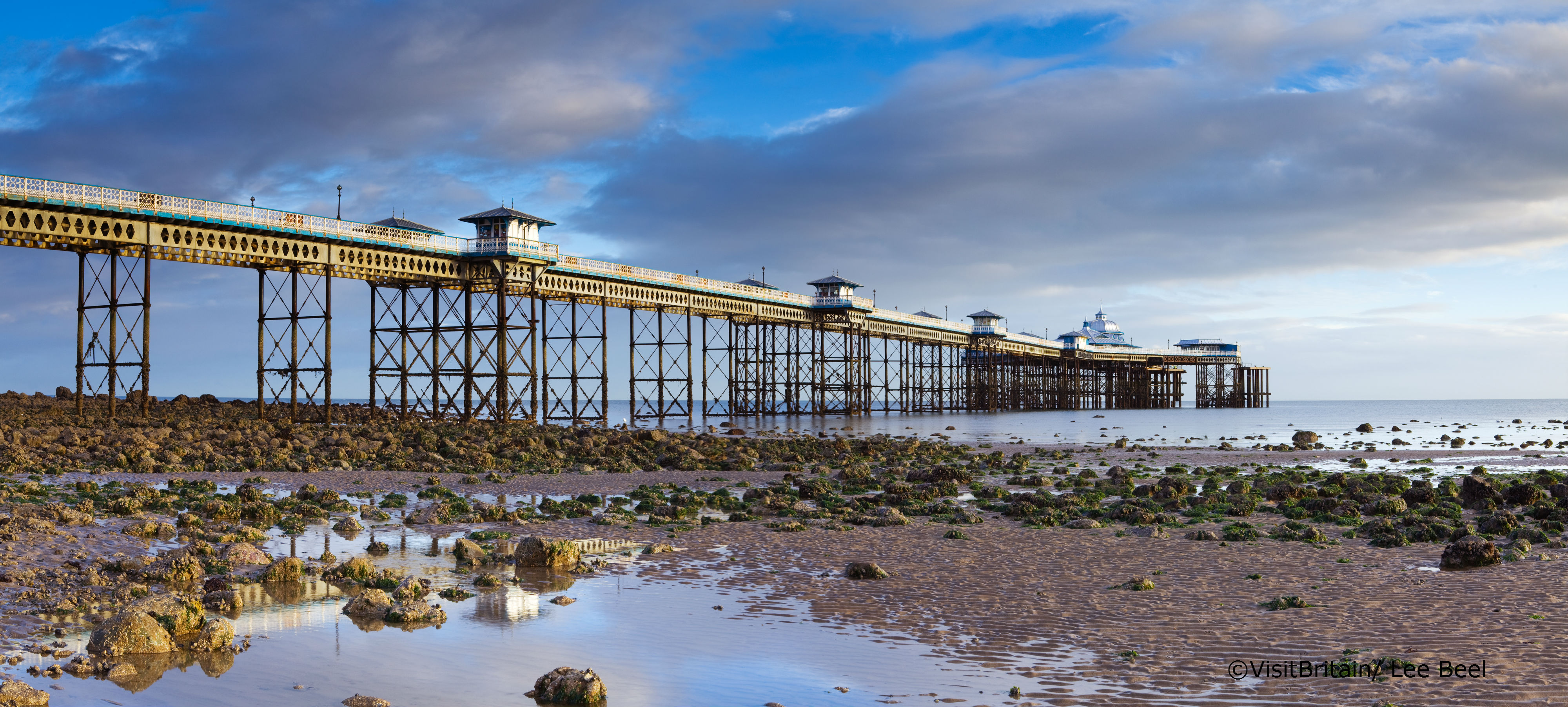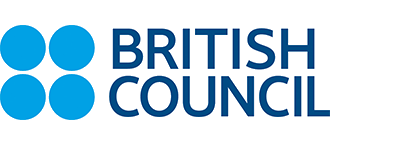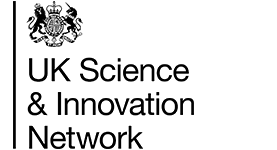Silke Kröger at Cefas
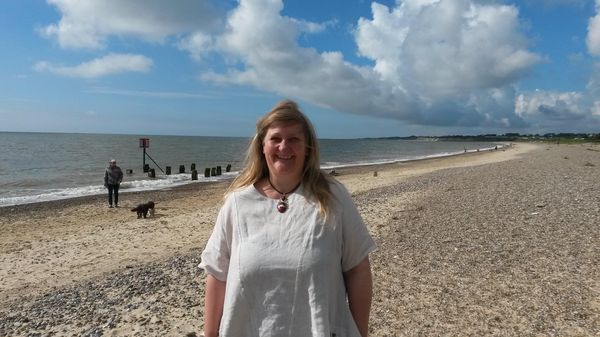
About Silke Kröger:
Dipl. Biol. Silke Kröger has a PhD from Cranfield University. She joined Cefas in 1998 as an Environmental Bio-and Chemosensor Specialist and has worked on sensors, research, monitoring and assessment.
And now to the story:
I was brought up on the German Baltic coast and have always loved the sea for all it has to offer. So when an opportunity arose 18 years ago to join the Centre for the Environment, Fisheries and Aquaculture (Cefas), a renowned marine and freshwater science Institute (and executive agency to the UK Department for Food and Rural Affairs, Defra), and put my knowledge to use in studying the oceans and protecting the marine environment and its uses, I was delighted.
Since then, I have greatly enjoyed learning about many aspects of the Oceans. From developing technology, like a pH sensor for sediments, and using diverse observational strategies, such as SmartBuoys, gliders or bottom landers, to make measurements in different parts of the sea; from making assessments of what the state of the UK seas is at a given point in time (such as for the OSPAR quality status report) to providing policy advice from it; much of it involves working in national and international collaborations in order to progress our understanding of what goes on in the seas.
The breadth of marine and freshwater world class science and technology we offer at Cefas' Lowestoft and Weymouth laboratories combine to support five key science outcomes, aiming to ensure that citizens benefit from sustainable and safe seafood and "blue" growth. Cefas' aims align closely with the themes selected for the German Year of Science. In particular, our capability and long established track-record in the fields of ecosystem monitoring, shelf sea biogeochemistry, technology development, ocean energy (for example impacts of windfarm construction), data exchange, emergency response, marine spatial planning to name but a few, enables us to work on a wide range of successful projects with German partners.
Indeed, collaboration across boundaries is key to making progress. After all - we share the North Sea, one of the most productive seas in the world. Such collaborations involve many levels - country to country, Institution to Institution, but most importantly person to person. Science thrives on communication and exchange, and speaking to colleagues around Cefas, it is amazing how many UK-Germany links exist. Formal and informal, long standing or developing and aspirational. We jointly write papers and research proposals, supervise students, sit on international bodies such as ICES or OSPAR and sail on each-others ships. We share scarce resources (as money for science is never easy to come by and marine science is often costly), ideas and ideals.
I hope the Year of Science provides a valuable opportunity to communicate what we do as marine scientists to a wider audience. In turn it can support our existing endeavour to ensure the seas continue to be the rich resource, both in terms of material as well as spiritual goods, they are at present and that we not only maintain our own passion, but infect others with it.
